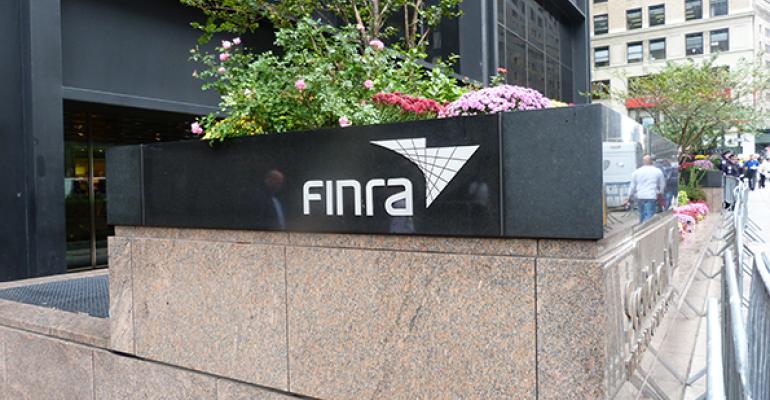FINRA is doing it again—stepping over the line. Its new proposal, the Comprehensive Automated Risk Data System, or CARDS, will require all registered representatives to regularly report all customer buys and sells as well as margin calls and risk profiles to FINRA to allow it to scrutinize each broker's book of business. Specifically, as ridiculous as it may sound, CARDS will require brokerage firms to provide FINRA with data relating to securities and account transactions, holdings, account profile information, and securities reference data. In what FINRA refers to as the “Second Phase,” firms will be required to submit all account-profile related data to FINRA “or a third party.”
See FINRA Regulatory Notice 14-37, for more information.
A better name for CARDS, perhaps, is Comprehensive Automated Regulatory Overreach. This plan will result in all of the customers’ data being in the hands of yet another supercomputer, thereby creating risk for a data breach of huge proportions.
As Ira Hammerman, general counsel of the Securities Industry and Financial Markets Association has said. “If CARDS is built, the question is when, not if, there will be a data breach.”
And it will happen. The plan’s “Second Phase” allows for the release of information to yet another group by allowing third parties, rather than FINRA to collect the information. Thus, by its new plan, FINRA puts all of its confidential customer information at risk.
But that is not all. CARDS is an attempt to take the compliance function out of the hands of the firms and into the hands of the regulators. Isn't it the job of the compliance department to look at its brokers?
And over the past several years, FINRA has let it be known that those compliance officers, all of whom have had to pass rigorous examinations and the application process at the firm in which they work to get a job, are well aware that when something goes wrong at the firm, their face is in the bull’s-eye. Why then must FINRA overreach and perform the compliance functions performed by compliance officers? FINRA needs work. That's right, with the amount of firms that have closed their doors over the years and the significant decrease in commissions-based business, FINRA needs something to do. So, why not create a new system to allow you to essentially become a compliance officer and further intrude into the broker and customer's business?
In addition, as recently as Feb. 12, 2015, the SEC raised its eyebrows over this recommendation. SEC Commissioner Michael S. Piwowar questioned FINRA’s proposal, “Is this yet another Washington solution in search of a problem?”
So, if CARDS passes, conceivably FINRA can call a broker down for an on the record interview or even commence an enforcement action without one customer complaining. Rather than find more ways to squeeze the financial services business, perhaps FINRA should think of rules that help those that pay their salaries, the brokerage firms. Even Frank Underwood would agree.





